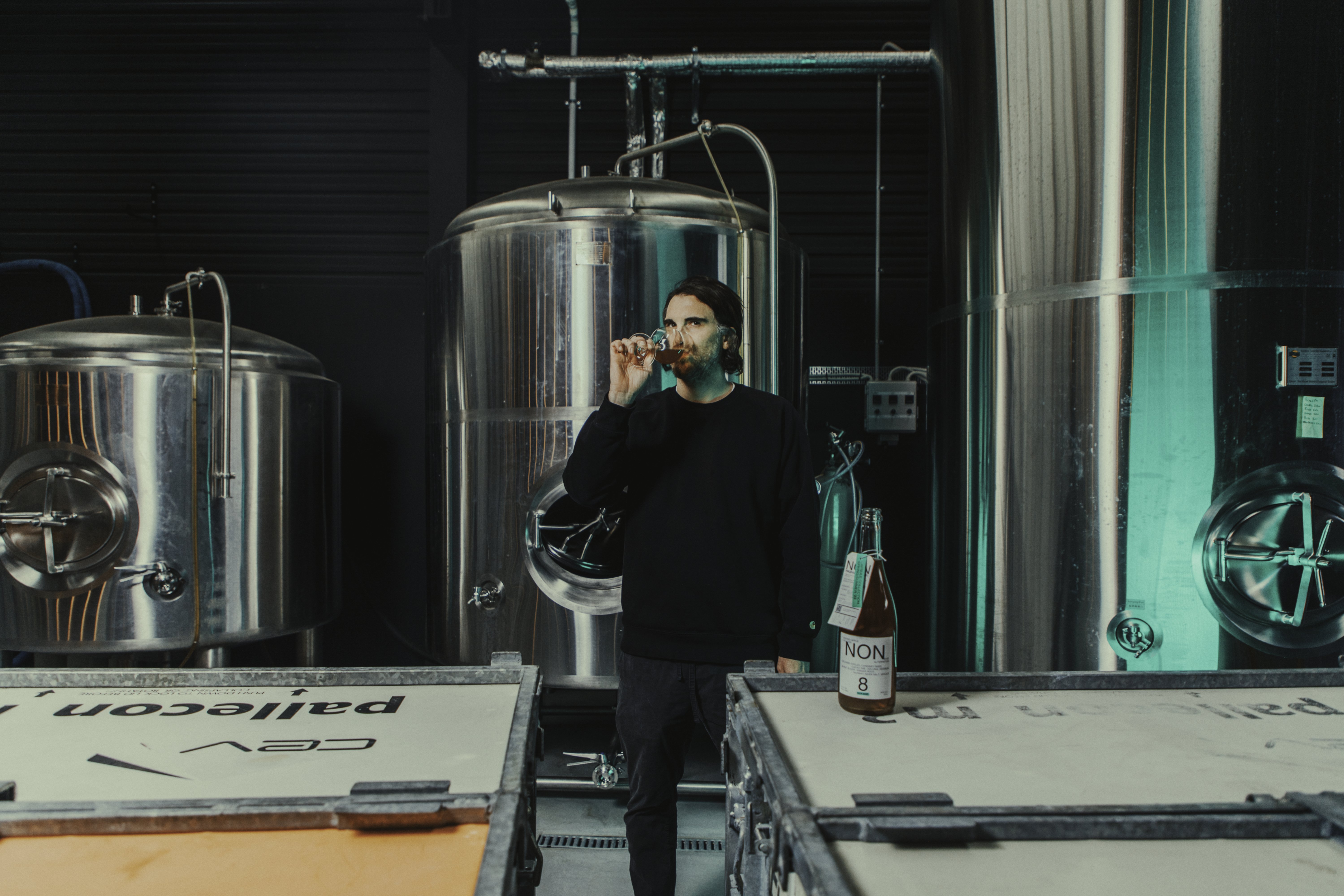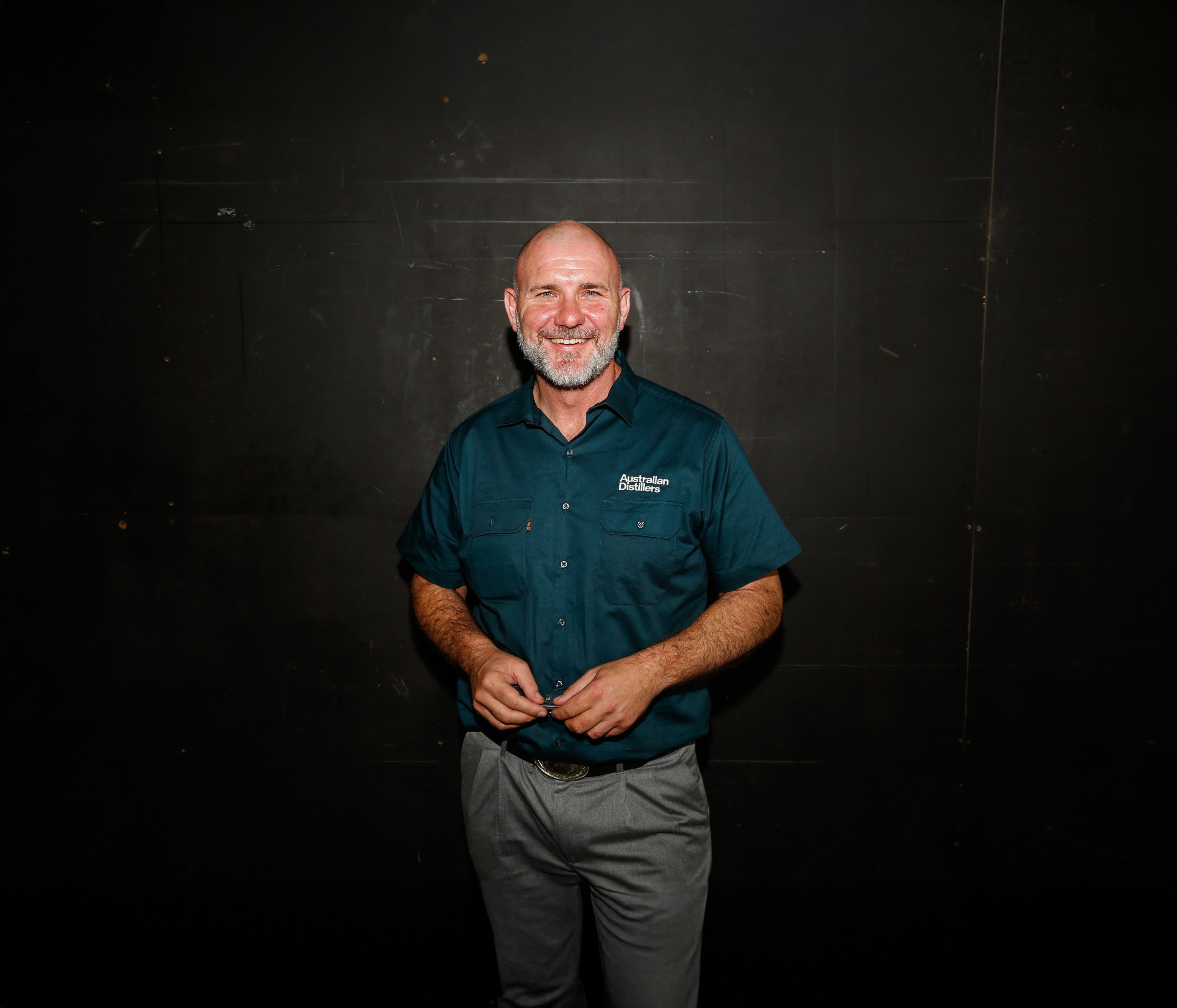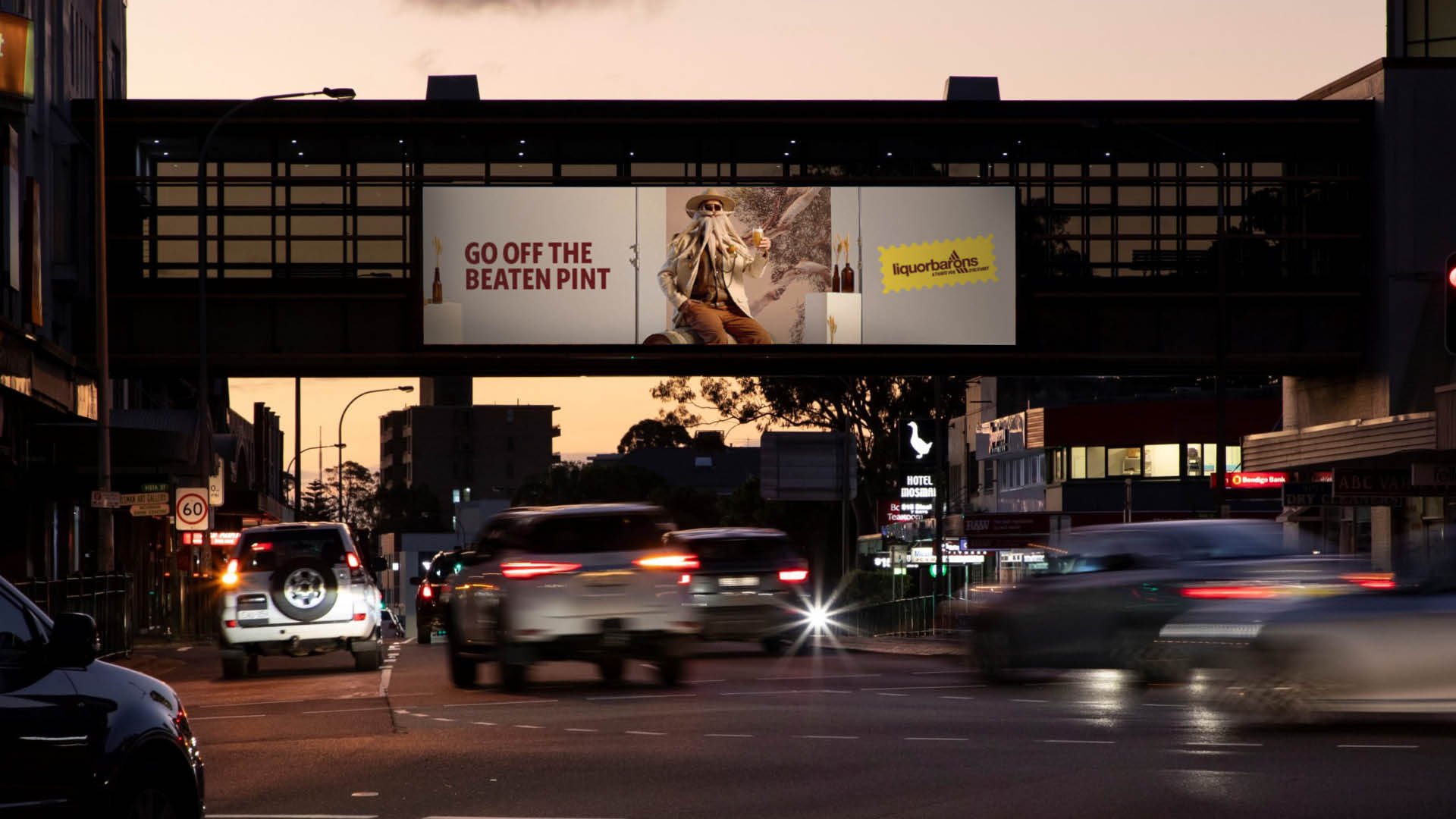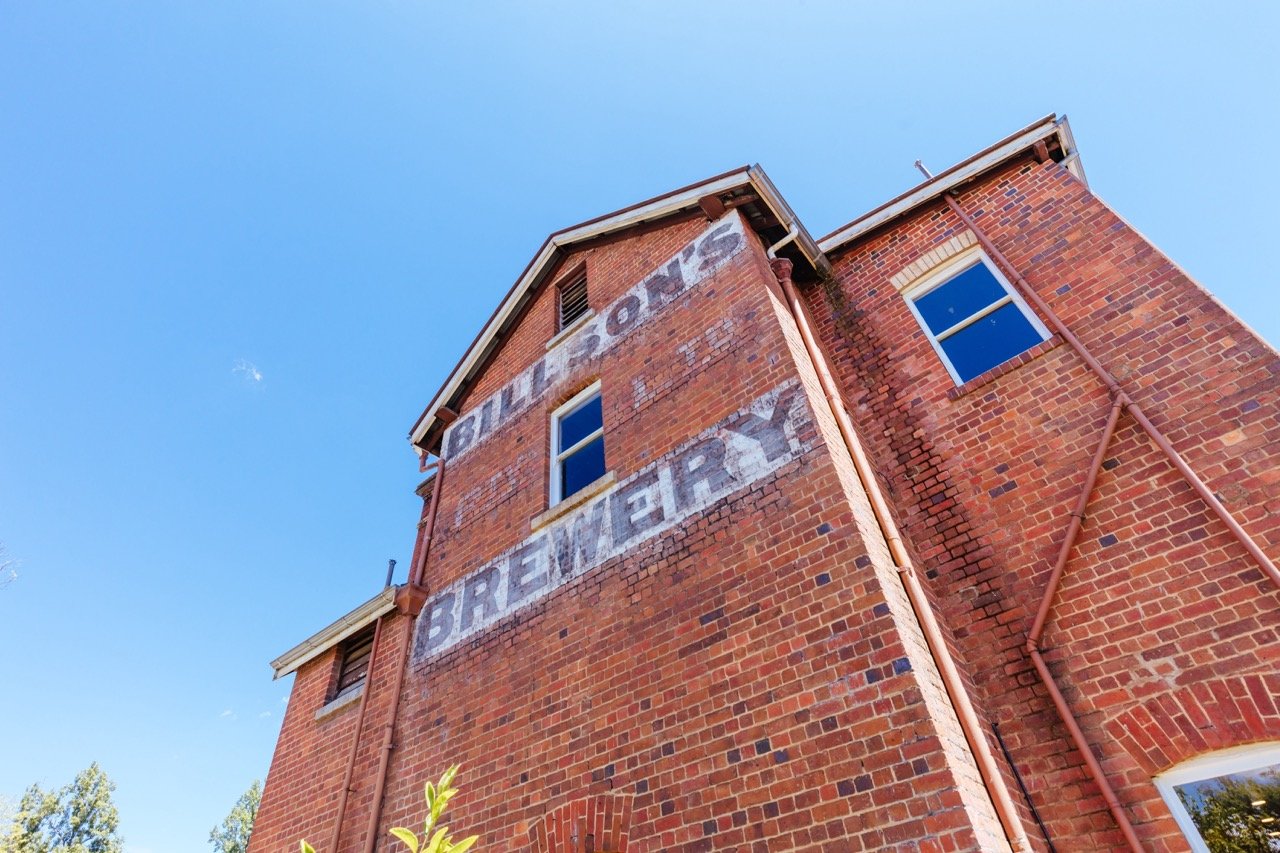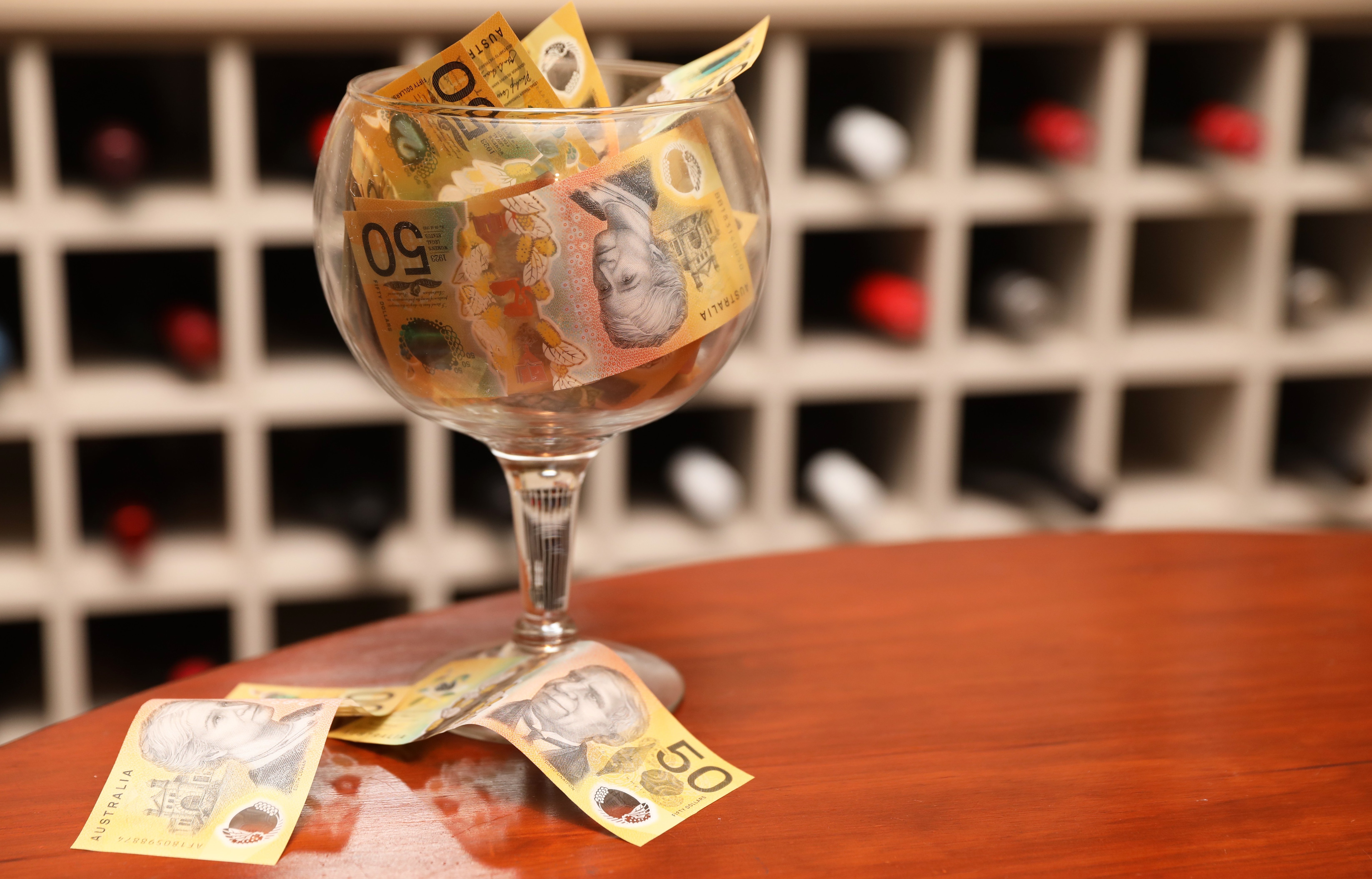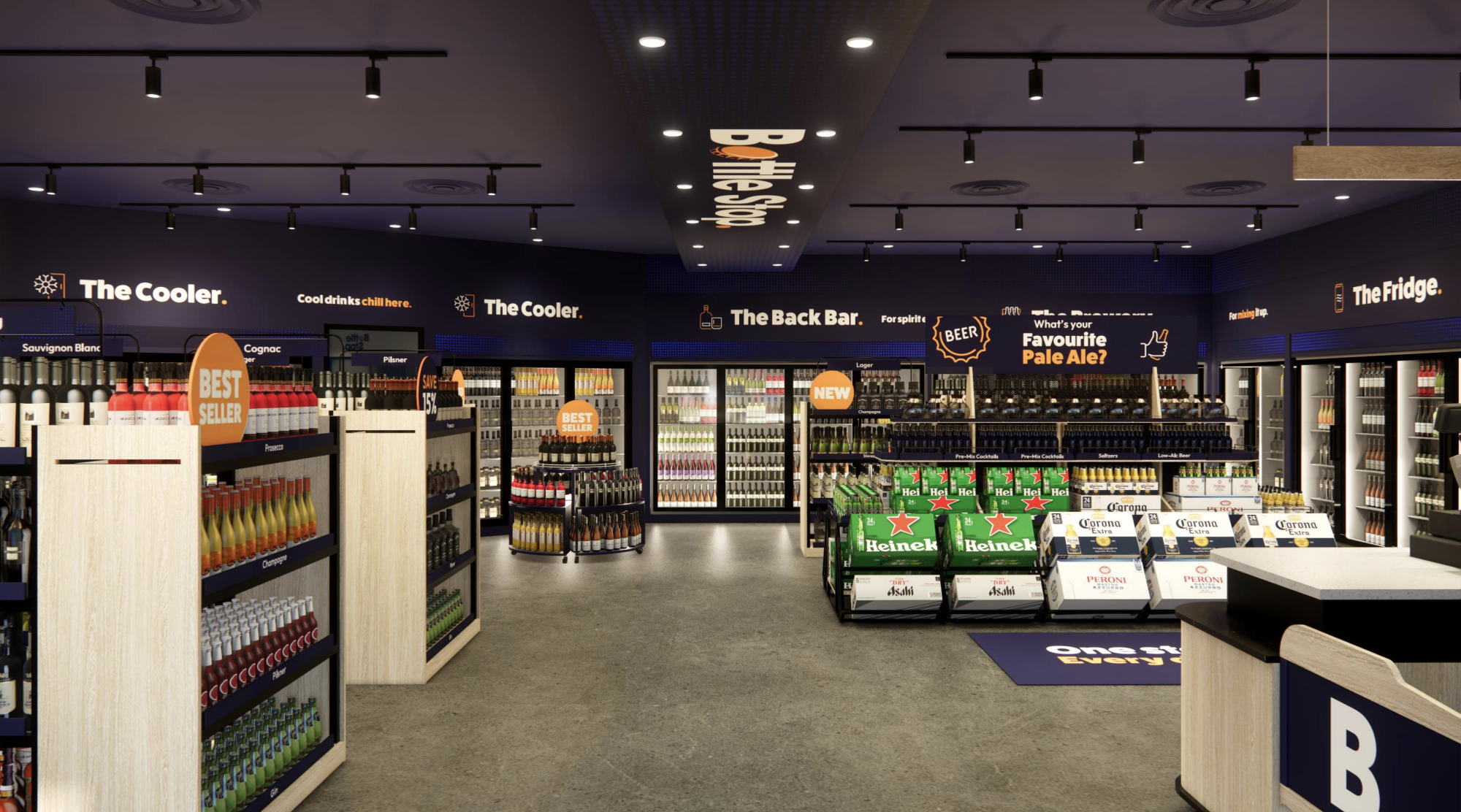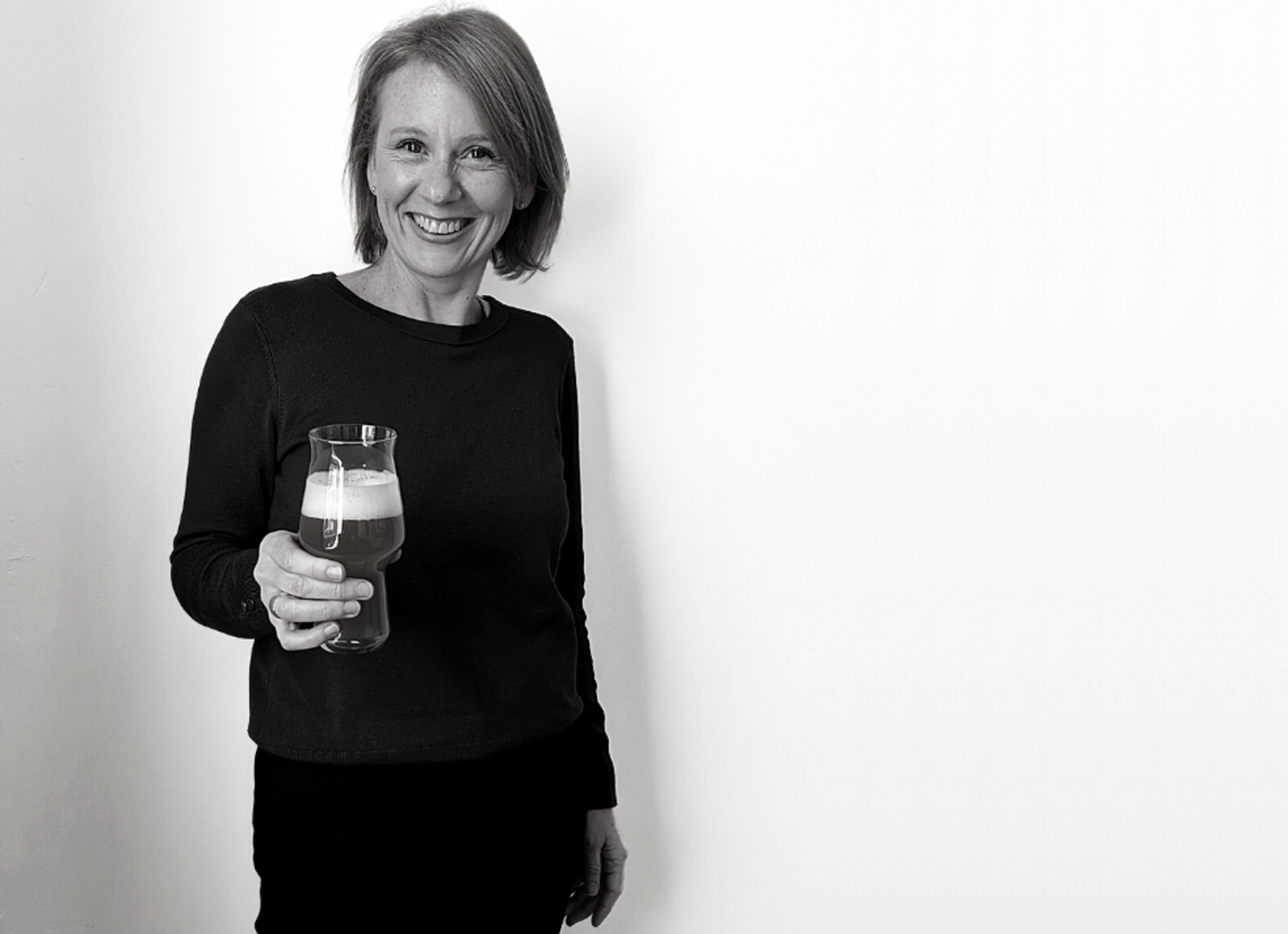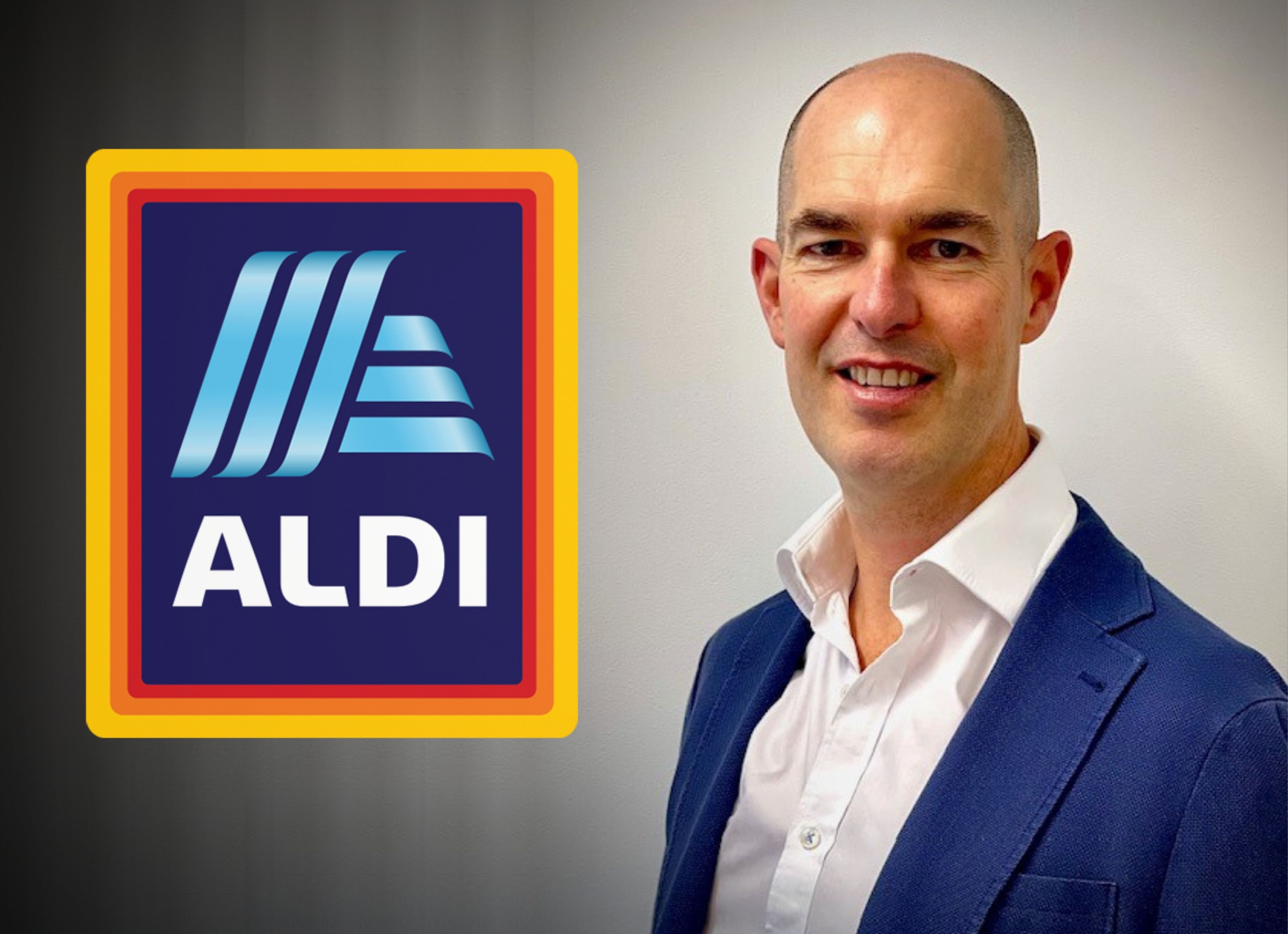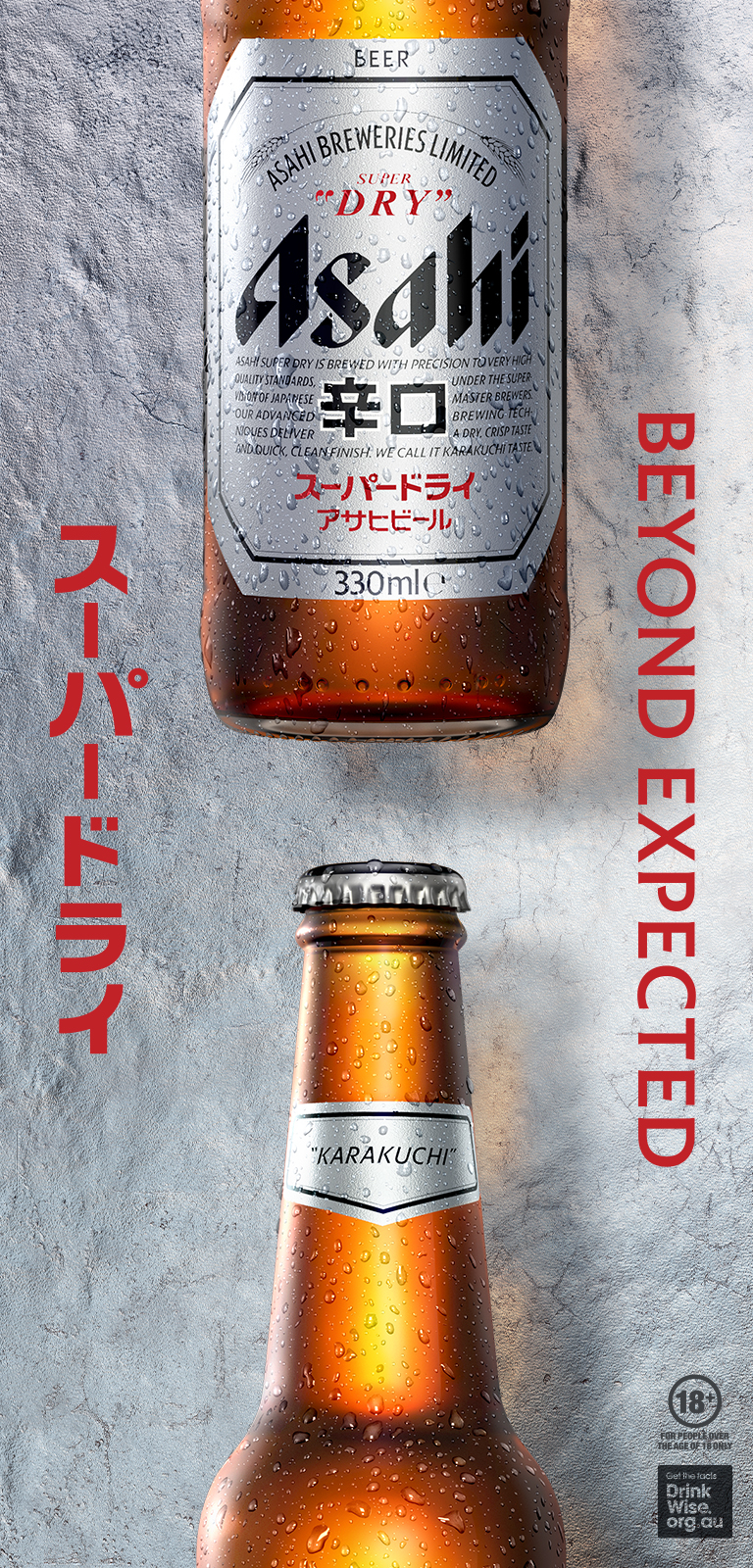Since it was established in 2019, NON has played a pioneering role in shaping the ultra-premium non-alcoholic market sector, bottling a drink style that had previously only belonged to small-batch productions at fine dining establishments. It has since expanded into more than eight global markets and can be found on drinks menus at prominent restaurants such as Quay, Alinea, and The Fat Duck.
Drinks Trade sat down with Aaron Trotman, CEO, to hear his thoughts on NON, the premium non-alc category as a whole, and where he thinks it might be headed towards next.
Drinks Trade: Briefly, what is NON’s story?
Aaron Trotman: So [how] it started - me and my wife were eating out at the Clove Club in London and she got the non-alc pairing and I got a pairing of wine that I didn't like, so I tried her drink and I was like, oh, this is delicious, I get it!
And then we have more fancy dinners and she was going to non-alc pairings and I kept trying them and I was just like ‘this is really, really good drinks… I don't know why you can't buy it in a bottle.’
So I set out to make that level or standard of drink available to non-alc drinkers.
DT: Retailing at $30 per bottle, NON is far from a cheap product… who’s your typical drinker?
AT: The regular drinker is millennial females at the moment and then we'll see that shift to Gen Z as well… We also have a really interesting cohort of the older Gen X, sort of boomer demographic as well that are changing their drinking habits… All their kids have grown up, they're going and eating at all these nice restaurants where NON's listed as well and we're starting to see some really good traction.
I feel like NON has probably been ahead of its time since inception. And now I feel like people are starting to see what role it plays as moderation has taken off. I think you either drank or you didn't drink four to five years ago. Now, people are moderating.
The data at the moment is 90% of people that drink non-alcoholic products drink alcoholic products as well - now that's not alcoholic products being like a substitute, not like it's a Coke or a water, because that's a non-alcoholic product as well... It's all about moderation now, and that's what retailers really need to start thinking about, and [about] incremental basket filling as well, as well as just adding more money on the ticket at the end of the night. More people are moderating in venue and [because] you make all your money from drinks because food margins are so hard to make money on then you should really be trying to make as much as you can from your non-alcoholic program as well.
DT: How has Australia’s current cost of living crisis impacted NON sales?
AT: We grew 60% last year! We went from 5,000 cases to 10,000 cases. So, you know, it didn't last year and things are still going up this year as well so I don't think so… Yes, it's a cost of living crisis, obviously, we've gone up and all those sorts of things. But as a premium product, it's an affordable luxury.
The non-alcoholic occasion hasn't changed since it launched. It's the Sunday through Thursday predominantly at home with the meal and it's been fitting perfectly with that.
DT: How has being categorised as a ‘wine alternative’ and not a ‘non-alcoholic wine impacted the brand?
AT: The reason why it's a more alternative [product] is that it is an alternative to wine.
It's basically got similar structures in a unique way to wine - so it's acid from verjus, tannins from tea, spices and fruit skins, some fruits there, some obviously from fruits, but also roasting vegetables will turn the sugars into caramelised sugars (which will throw them into somewhat a version of a fruit in some ways as well)... sugars and salt as well.
So that's why it's a wine alternative. Do I think it's the best name for the category? Absolutely not! Where does it go? I don't know... I've spent five years thinking about this right now internationally - there's other wine alternatives. So it's starting to catch on - in the US that there is this category.
You know, wine's on the decline everywhere basically and wine has a bit of a problem that their demographic is an older generation… They've drank wine for years - they don't want the alcohol removed or de-alcoholised version of their favourite drink, what they want is something totally different and they're experienced altogether.
DT: Where do you see the category heading?
AT: What's happening now [through moderating drinkers] is similar to vegans and vegetarians say five to seven years ago - you might have gone somewhere and there wasn't even an option right? like to think that that was the case now feels like a stone age but it was only five years ago!
The media helps by speaking about the differences between alcohol removed, de-alcoholised wine and an alternative to it as well - I just think it might take some time. If you said oat milk for example, it's not really milk because milk comes from cows, well, it just took time and it just sort of sorted itself out and I think that's what will happen and the category and the consumer will end up steering how it lands and where it ends up going.
DT: You don’t have a background in the drinks industry… can you talk about how that helped or hindered NON’s start?
AT: Not coming from the industry was definitely an advantage because I had a lot of blind faith into how hard it would be to scale it… It was helpful to have the cosmetics and formulation background, and scaling things and knowing that not all parts were equal and how to set up a business and how to manage cash flow and all those sorts of things.
But also it was a huge advantage of not having any cooking or drinks experience as well… so an example of that is, if we have say Ben Shewry come down, which he has, to the HQ - he’s like ‘you mean you're putting all that fruit into that cage and making it taste the same with natural ingredients?’ He's like ‘are you insane? That's not meant to be how it works!’
These guys, these chefs that are amazing at their craft, they're just like, ‘the scale of it - it's just mind-bowing to them that we're using natural produce and ingredients at that level and at that scale.
We want the best stuff in there. That stuff is expensive to make but it's worth it.
Share the content
